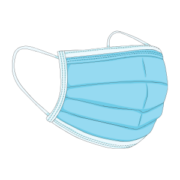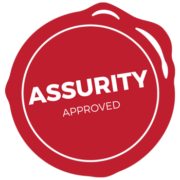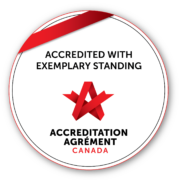Nominations for Fraser Health Care Community Awards
Do you know someone who should be recognized in the broader Fraser Health care community?
The goal of the the Fraser Health Care Community Awards is to recognize individuals who demonstrate exemplary contributions to improving the quality of life for Care Community residents and embody the values of comfort, caring, and connection. Examples can include but are not limited to: quality of care, leadership, innovation, quality improvement, resident and family-centred care, team collaborator, “quiet heroes”, volunteers or staff in non-leadership roles.
Awards available will recognize individuals from each region (Fraser North, Fraser South, and Fraser East) for a maximum of nine awards across Fraser Health Care Community.
Nominations will be received until February 7, 2025 at 12:00 PM. Individuals nominated must be:
- An active staff member or volunteer of a Fraser Health Owned and Operated or Affiliated Care Community.
- A physician or clinician in good standing with the corresponding regulatory body (e.g. College of Physicians and Surgeons of British Columbia, British Columbia College of Nurses & Midwives) if applicable.
To submit a nomination go to bit.ly/FHCCawards or scan the QR code below.












